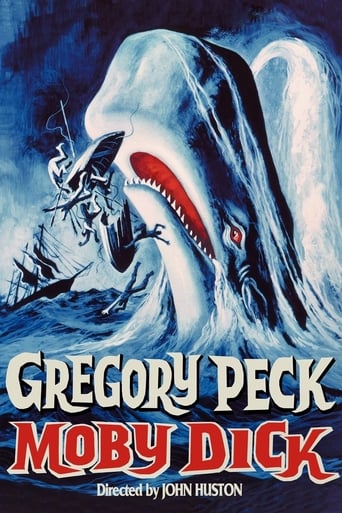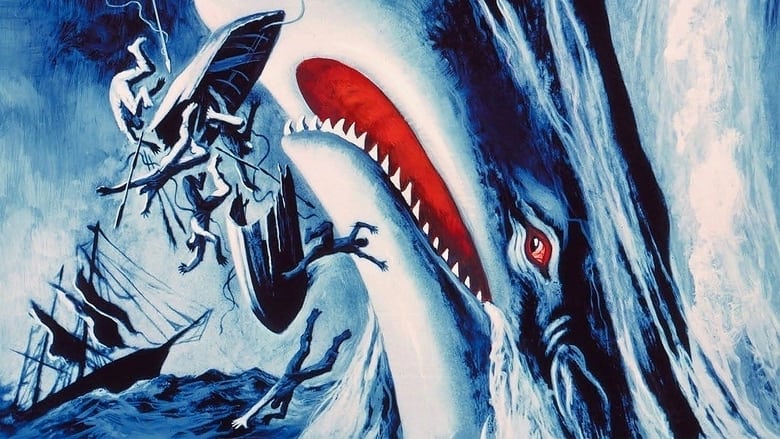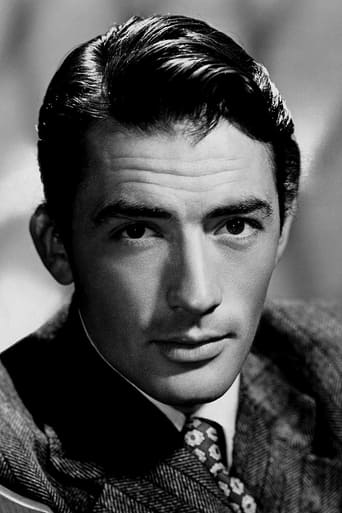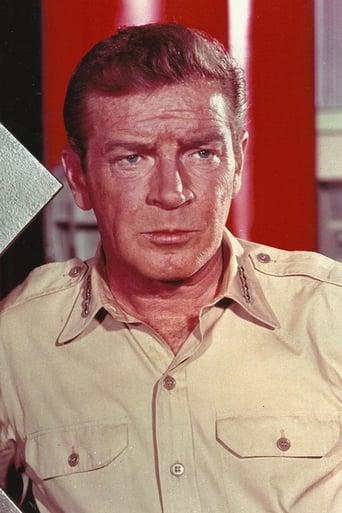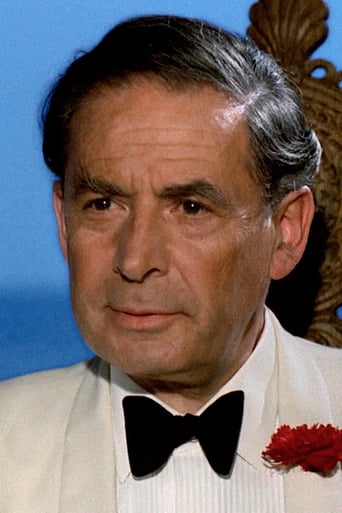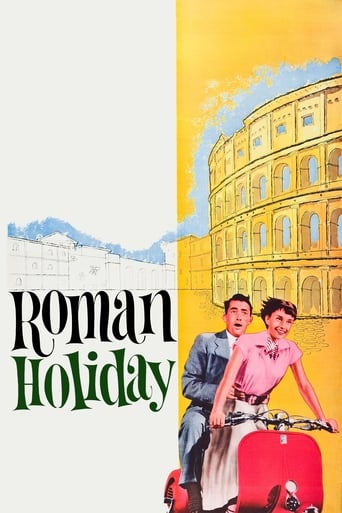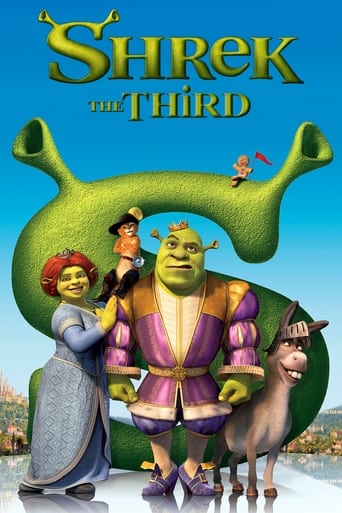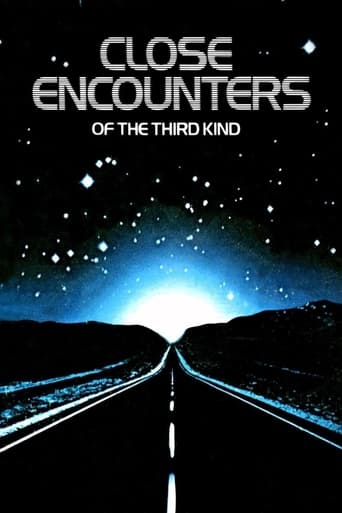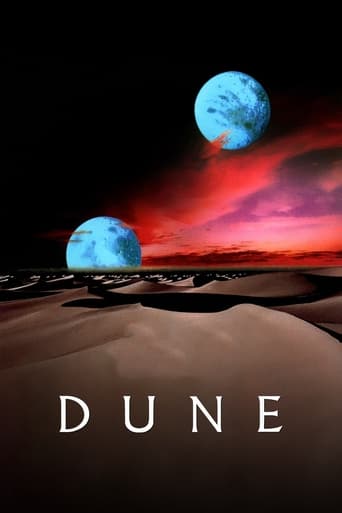Moby Dick (1956)
In 1841, young Ishmael signs up for service aboard the Pequod, a whaler sailing out of New Bedford. The ship is under the command of Captain Ahab, a strict disciplinarian who exhorts his men to find Moby Dick, the great white whale. Ahab lost his his leg to that creature and is desperate for revenge. As the crew soon learns, he will stop at nothing to gain satisfaction.
Watch Trailer
Cast


Similar titles
Reviews
It requires considerable audacity to adapt such a masterpiece of world literature, all the more so that the novel's quality greatly relies on its inimitable style: how can one transpose this on screen? John Huston succeeds by creating a distinctive visual style, cinematographically compensating what he loses on the literary side.Also, he builds a forceful story from beginning to end. The scenario was written by famous author Ray Bradbury together with Huston: a successful synergy between literature and cinema creators, despite tensions between the two men.*** WARNING: CONTAINS SPOILERS (INCLUDING OF THE ORIGINAL NOVEL) ***SCENARIOThe first quality of the movie is its efficient selection of scenes and dialogues. This is a real challenge: the novel is long, even after disregarding its "documentary" parts about whales, whaling, sea, etc. (cumulated, as many as 40 chapters out of 135). Hence the scenario had to make drastic selections. For instance, in the novel the Pequod comes across nine other ships (of which four encountered Moby Dick), while in the movie there are only two. Yet these represent the most striking meetings, with captains who respectively lost an arm and a son to the White Whale. Essential scenes are almost all present, without feeling like a "reader's digest" of the novel: the movie perfectly holds together, with a balanced pace.Also, the movie follows its own logic, which sometimes triggers a change in plot structure. Notably, Moby Dick first appears after 75 minutes (out of 110), which is early compared to the novel where he only appears in the last three chapters. This highlights the different internal logics of literature and cinema: in the novel, the late appearance is powerful because the White Whale remains a mystery until the very end. Herman Melville could compensate this delay with other scenes: encounters with ships who came across Moby Dick, dialogues and considerations about him, documentary-like descriptions of whales in general and that one in particular, etc. However, since the movie had to disregard most of these scenes, showing Moby Dick at the end only would have been anti-climatic.Conversely, the movie transfers the tempest to the penultimate scene while in the novel it is slightly before: cinematographically, it typically is a highly climatic scene, while literarily it is less so, especially considering that Melville uses the tempest as a counterpoint to other scenes.Last, the movie operates pertinent changes to the story, notably:Queequeg rallies from dying to save Ishmael from a dangerous fight (novel: rallies by his only willpower): it is visually more dramatic and credible;Ahab gives the gold coin to a shipmate (novel: first keeps it for himself): since the movie is shorter than the novel, it cannot emphasise Ahab's negative aspects, which are offset elsewhere in the novel;Starbuck wants to kill an awaken Ahab (novel: while he is sleeping): it is visually more dramatic and allows a following dialogue between the two men;Ahab's body is tied to Moby Dick at the end (novel: it is Fedallah's): visually, it is compelling since Ahab is a major character and his arm seems to incite his men to continue attacking the whale;After Ahab dies, Starbuck urges the men to continue attacking (novel: stays on the ship): it seems Ahab's lust for revenge has spread like a disease, even to rebellious Starbuck.IMAGEFirst, image has a special texture close to pastel, produced by adding black-and-white and silver layers on the usual colours. This has multiple impacts: it creates a unique tone, fit for adapting a masterpiece; it gives an "antique" feeling on line with the diegetic period; it looks like a painting, similar to the ones shown during the opening credits. All this has a purpose: "Moby Dick", amongst other things, is a tale where narrative distance is essential ("Once upon a time "), which Melville masterly rendered by his unique style. Hence the movie re-activates the exceptional sensation generated by the novel: narration sublimes the fable; it creates a legend by itself. Additionally, shots are frequently saturated: close-ups, frame filled with faces, sails, ropes, etc. It is a paradox since most of the action occurs outside: broad shots are rare; we seldom see the sky. The movie opens in a forest and closes with a shot on a floating coffin. This saturation has multiple impacts:It aligns to the novel theme that the ship is a world in itself, with different ethnic origins and professions: we are immerged in the sailors' environment;It reinforces the fable-like feeling, since tales unfold at individual level ("They lived (un)happily ever after"). For instance the close shot on Moby Dick's eye echoes the one on Ahab's;It provides a baroque "thickness" to the opus, comparable to Melville's dense, ornate style.Last, acting perfectly illustrates the story. It is emphatic, on line with the novel's tone and themes. Most actors' physique and approach completely fit characters: we feel Ishmael, Queequeg, Stubb, Flask, etc. could not be different. Gregory Peck as Ahab is convincing, but probably not as much as Orson Welles would have been, who was initially envisaged for the role and eventually gave a memorable performance of Father Mapple.CONCLUSIONThe novel "Moby Dick" altogether encompasses adventure, epic, documentary, tale, parable, myth. The movie takes all these aspects on board, bar the documentary parts. Yet, it is not a masterpiece: it could have been a longer, full-scale epic three- or four-hour long, to better render the sheer magnitude of the novel and include some revealing scenes (for instance, other ship encounters or when sailors erotically wade in the oil). Also, the dated special effects somewhat reduce awesomeness: Moby Dick is not quite impressive and the ship sinking at the end looks like a model siphoned into a bathtub. Nonetheless, the movie remains a rare successful adaptation of an eminent classic.
MOBY DICK is a solid combination between human drama and sea adventure. This movie is probably the most faithful adaptation of the popular novel by Herman Melville. A sailor comes in a small fishing town in New England. He becomes one of the sailors on the whaling ship. Despite sailor stories that the captain is a freak whaling is successful. However, one day the captain starts to mention the mysterious white whale ...The story focuses on a man and his obsession. Motivation, which establishes very good and dramatic plots, is highly questionable. Despite the captain's consuming hatred and passion for revenge, I think that the motivation of the crew by the captain is the biggest flaw in this film. This is kind of a symbolic representation of the "profound" dialogue that only deepens human agony. Mr. Huston has filled dark atmosphere with a certain amount of mysticism that enhances the feeling of agony and emptiness during the sea wanderingHuman drama is the harmonious combination between effort, error, hope and despair. Sea adventure ends with an expected incident that in the final climax is not impressive. A lot of time and effort was spent on visual effects and it should be respected.Gregory Peck as Captain Ahab is tall, thin and a pretty unconvincing character as a notorious captain, who is torn between his own obsession and revenge. He poisoned the whole crew with his craziness. Characterization is average, due to the complex story. Richard Basehart as Ishmael is a young whale man, observer and storyteller. Leo Genn as Starbuck is the voice of reason. Friedrich von Ledebur as Queequeg is a grotesque phenomenon who is skilled with a harpoon and predicting the future. Orson Welles as Father Mapple got his 5 minutes in the movie. The friendship between the two great directors resulting in an unnecessary appearance.This is an ambitious project which resulted in a solid film about revenge, self-destructiveness and fight against one's own destiny.
Well, after reading the book for the first time, I decided to search for and download a movie version. This is the only one I could find available. Now, don't get me wrong, I'm no stranger to the movies from this era (production value, obvious painted backdrops vice real-life backgrounds, et cetera), and some of my favorite movies (I've seen and own literally thousands of movies) were made then as well. But with this one, I couldn't even make it through the first half hour. At first I was slightly annoyed by the dozen or so completely wrong details and dialogue, but I kept going because I know that always happens when a movie is adapted from a book. What finally killed it for me and what I simply couldn't bear was the ab....so.....lute....ly... TERRIBLE, HORRIBLE acting of Gregory Peck as Captain Ahab. It honestly reminded me of when an adult film star "acts" in a movie. I don't believe I've seen many, if any, of his other films, but given his very long career, I have to assume this was just one of the "let's just move on and try to forget about it" movies that all long-term actors seem to inevitably make at some points in their careers. For those who wrote those extensive, raving reviews, if you honestly believe what you wrote, I envy you and the ease with which you are satisfactorily entertained, though I suspect many were written simply in an attempt to "break in" to the business by sucking up to someone or another.
No one will ever match the performance Gregory Peck gave to Ahab in this movie. Patrick Stewart didn't even come close.But that's not all. Is there anyone that can match Leo Genn as Starbuck, or Richard Basehart as Ishmael? But there are too many great performances to count. Royal Dano as Elijah always stays with me. I used to try and imitate his strong voice (despite the fact I'm a woman) Elijah! They call me, Elijah!" Orson Welles in a cameo part as Father Mapple.This film is an undisputed Masterpiece. It does not matter if the whale doesn't look real, or the special effects aren't up to today's standards.I would rather have poorer special effects today, rather than poorer actors. Unfortunately, we have traded spectacular special effects for actors and acting that will never come up to the standards set by films like this.It is an age, I fear, of which, we will never see the likes again. Thank the Good Lord we can still see these films and my hopes are they are always preserved.

